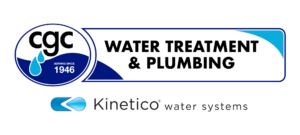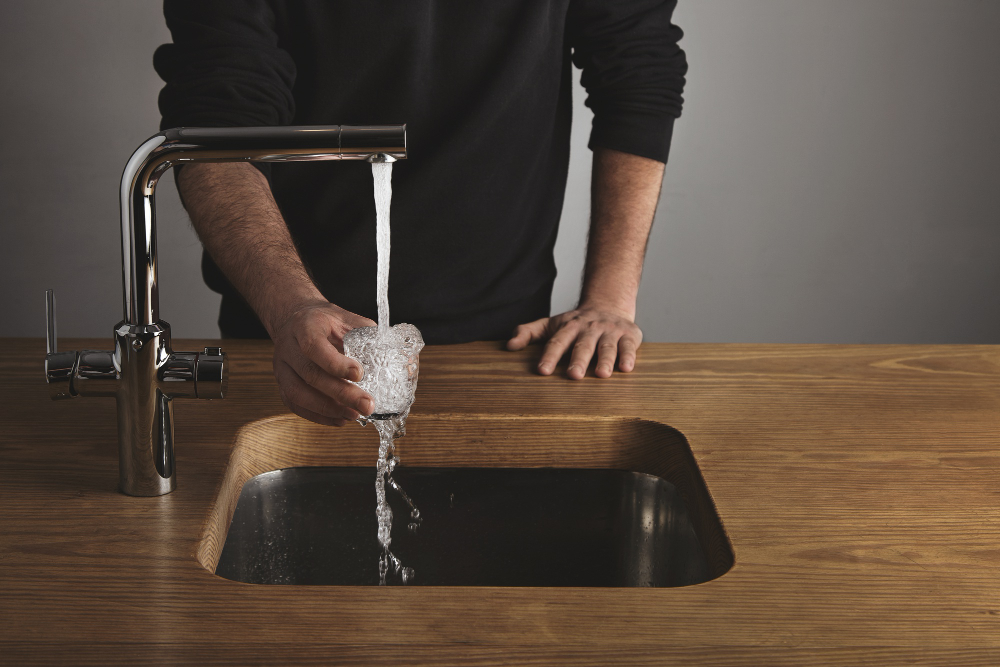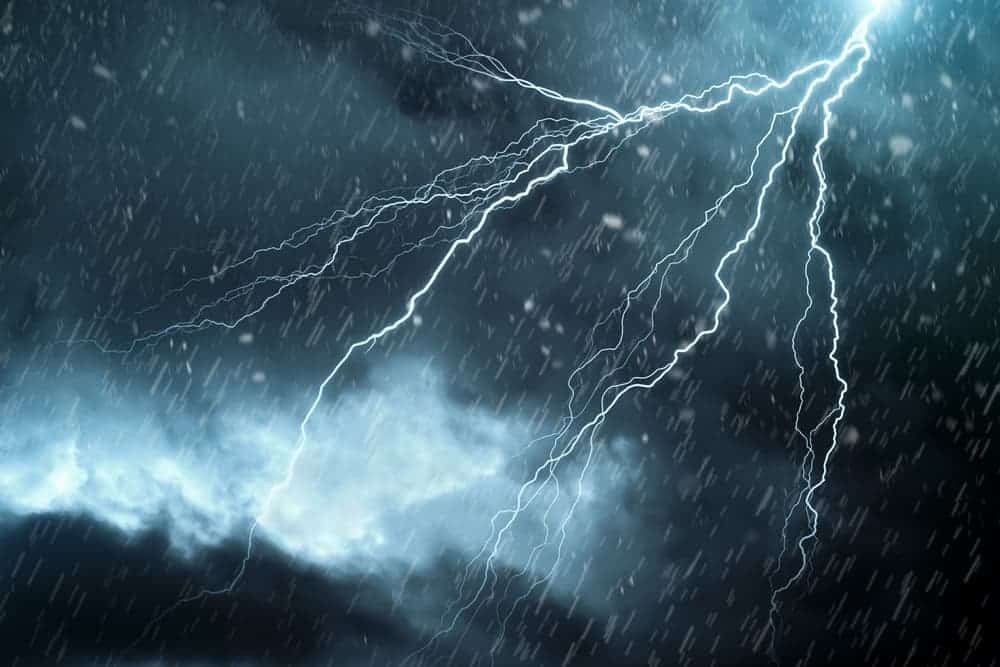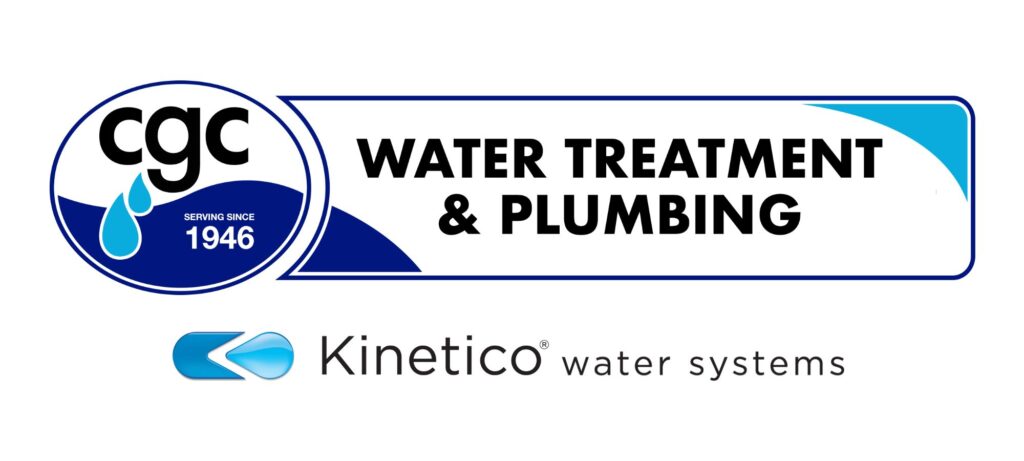Are you considering investing in a top-of-the-line whole-home water treatment system?
If so, then the more you know will help you make the best decision for you and your family.
That means you’re in the right place.
Read on, and we’ll discuss the benefits of treating your whole home and specifically what a system can do.
The first thing to consider is how you use water and how your home uses water. The water that you consume versus the water your appliances use. Filtered water (reverse osmosis) is the best choice for drinking and cooking but isn’t your most efficient choice for your working water.
A combination of an efficient softener and reverse osmosis system will be the best solution for the majority of consumers to effectively solve the bulk of your water concerns.
What are the Benefits?
There are many. Utilizing a water softener to reduce or eliminate the “hardness” in the water will extend the life of appliances like your water heater, washing machine, and dishwasher. Hardness is the amount of mineral content that is in water. Generally, calcium and magnesium carbonates. It also causes the build-up around showerheads and the scummy build up in the sinks and showers. Running hard water through your appliances causes them to lose their efficiency as well. The process is done by forcing the harder minerals off the water using ion exchange and replacing with a more soluble mineral, sodium.
This is where things such as chlorine or iron can be removed as well. Some of the more advanced softeners can manage these as well. Removing iron prevents staining on and in your sinks and removing chlorine at this point is the right option. Chlorine is added by some municipal water treatment providers to kill unhealthy things that can cause illness.
Once the water enters your home, the chlorine has done its job, and it’s time to remove it. Chlorine is a skin irritant and can exacerbate existing. Additionally, treated or colored hair doesn’t hold its coloring as long and makes hair feel more brittle. Maybe most importantly, it was also never intended to be ingested. Some homes experience as much chlorine as you would find in a swimming pool.
As for your drinking water and the water that you use to cook with. A point of use reverse osmosis system works extremely well and removing all the things that are left in the water. In many cases, water purity of greater than 95% can be achieved and sometimes even greater than 99%. The benefits of having a tap at your sink providing you and your family high quality, purified water eliminates the need for purchasing bottled water. That’s good for your wallet and the environment. Whole-home reverse osmosis systems aren’t as practical because the process of filtration causes higher water usage. If your family drinks 50 gallons of water a day, it would utilize approximately 150 gallons of water to be filtered to get you high-quality water for consumption. Compare that to what your family might use in total consumption throughout the day for bathing, cleaning dishes, and clothing, etc. Which is more realistically 500 gallons a day. Filtering 1500 gallons of water just to have the bulk of that filtered water to run down the drain or be flushed away isn’t necessary.
Also check out Drain Cleaning Services in Michigan.
Something else to consider is how much space softeners and reverse osmosis systems use. The best systems are not just efficient in function but also in the amount of real estate that they take up. Systems generally are installed in basements, garages or backyards. Point of use reverse osmosis systems have small tanks that are capable of keeping up with daily needs. Where whole house reverse osmosis systems sometimes require large retention tanks.
Is Treating the Water in Your Whole Home the Right Choice?
At this point, you also need to consider the cost. Not just the initial cost but also the cost of use over time. The best systems on the market have been tried and tested for decades and have a track record of happy owners. The best systems work efficiently, use less salt, require less maintenance, eliminate disruptions in service and provide peace of mind that your family and home are protected from all the things that can be associated with untreated water. High-efficient systems will save you money in ways that you might not consider. Less salt, less soap required for washing dishes and in showers and baths, less cleaning supplies, fewer trips to the store for bottled water. Less expensive options can end up costing more over time, they won’t work as well and lead many people to have buyer’s remorse. Sometimes cheaper just means cheap.
The Next Step?
Start with a free water test. It might surprise you what you find out. Let a specialist use those test results to match the right equipment for your water, your home, and your family.








